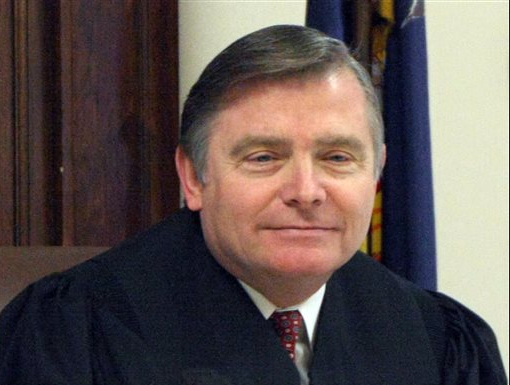James calls for immediate appeal for release of Garner records
Judge Won't Release Grand Jury Testimony in Chokehold Death

A judge on Thursday refused to release testimony heard by a grand jury that declined to indict a police officer in the chokehold death of Eric Garner, finding he hadn’t heard a valid reason to make the secret information public.
NYC Public Advocate Letitia James called for an immediate appeal of the ruling shortly after the decision was announced. Answering reporters on Thursday, James said, “We are clearly disappointed in this ruling, but undaunted in our quest for justice.”
The New York Civil Liberties Union (NYCLU) and others, including James and the New York Post, had asked the court to order Staten Island District Attorney Daniel Donovan to release the grand jury transcript, including the testimony of the officer involved, Daniel Pantaleo, and dozens of witnesses, detailed descriptions of evidence and other documentation.

Brooklyn Boro
View MoreNew York City’s most populous borough, Brooklyn, is home to nearly 2.6 million residents. If Brooklyn were an independent city it would be the fourth largest city in the United States. While Brooklyn has become the epitome of ‘cool and hip’ in recent years, for those that were born here, raised families here and improved communities over the years, Brooklyn has never been ‘uncool’.